
West Side Story: entertaining, but also telling.

Dr Moffic is an award-winning psychiatrist who specialized in the cultural and ethical aspects of psychiatry and is now in retirement and retirement as a private pro bono community psychiatrist. A prolific writer and speaker, he has done a weekday column titled “Psychiatric Views on the Daily News” and a weekly video, “Psychiatry & Society,” since the COVID-19 pandemic emerged. He was chosen to receive the 2024 Abraham Halpern Humanitarian Award from the American Association for Social Psychiatry. Previously, he received the Administrative Award in 2016 from the American Psychiatric Association, the one-time designation of being a Hero of Public Psychiatry from the Speaker of the Assembly of the APA in 2002, and the Exemplary Psychiatrist Award from the National Alliance for the Mentally Ill in 1991. He presented the third Rabbi Jeffrey B. Stiffman lecture at Congregation Shaare Emeth in St. Louis on Sunday, May 19, 2024. He is an advocate and activist for mental health issues related to climate instability, physician burnout, and xenophobia. He is now editing the final book in a 4-volume series on religions and psychiatry for Springer: Islamophobia, anti-Semitism, Christianity, and now The Eastern Religions, and Spirituality. He serves on the Editorial Board of Psychiatric Times.

West Side Story: entertaining, but also telling.
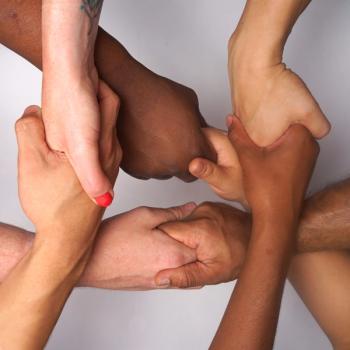
The recent hostage situation at a synagogue in Texas in indicative of a larger underlying problem.
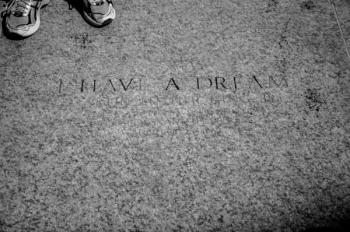
Several important events, all in 1 day.

Rationing of crucial materials during the pandemic, like masks and vaccines, has become a matter of life and death.

Maya Angelou and George Washington: now on two sides of the same coin.
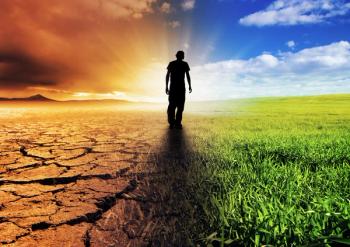
Radical hope: knowing the seeming impossibility of the task and still having hope anyways.
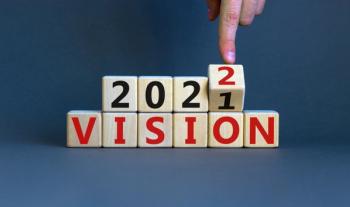
What word best describes 2021 for you?

As rising health care needs meet inadequate resources and overstressed physicians, is a strike necessary?
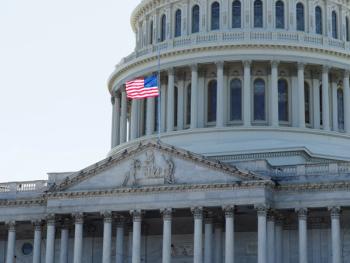
How can we examine the distress of 1/6/21 through a lens of clinical psychiatry?
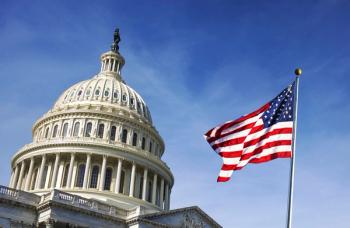
How can we better define, clarify, and expand the Goldwater Rule for ethical and effective use in today's society?
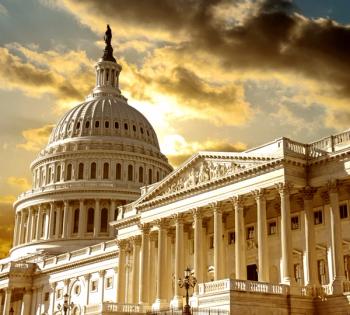
Today marks the 1-year anniversary of the conflict at the Capitol. What psychiatric trauma did this event leave in its wake?

In 2021, we lost some excellent psychiatrists who stuck to their convictions and changed psychiatry as we know it.

"We've got all this hope in boxes... we need to let it out."
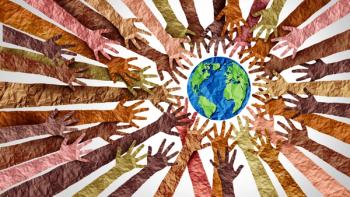
Does it sometimes take distance to better understand one another?

The new Mayor of New York is looking for a very specific skill in his appointees: empathy.

Read the eulogies for all the psychiatrists we lost in 2021.

What are the social, psychiatric, and individual implications of the poem “Ulysses”?
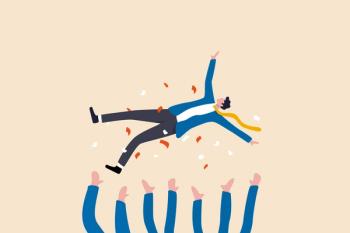
We know who the TIME editors picked for Person of the Year, but what about the readers?

Are you ready for 2022?

TIME’s People of the Year have closer ties to mental health than you think.

In psychiatry, as in journalism, truth, facts, and trust go hand in hand.

Humility and gratitude are among the lessons learned by this psychiatrist...

A change in the wind…
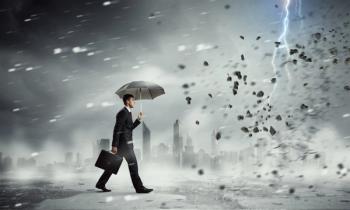
High winds and high anxiety—one doctor’s concerns about climate change feel justified.

Why don’t psychiatrists and mental health professionals ever seem to win People of the Year awards?
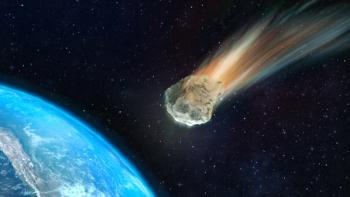
Thanks to climate change, weather disasters are neither unimaginable nor unbelievable.

The healing process of Braver Angels: should we all emulate it?
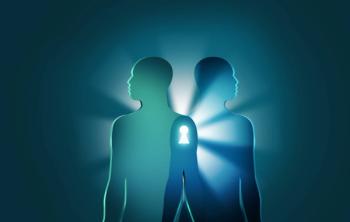
Have we seen this vision of mental health before?

What do psychiatrists wear during and after work, and what meaning does it hold?

Is this patient reaction the calm before the storm?